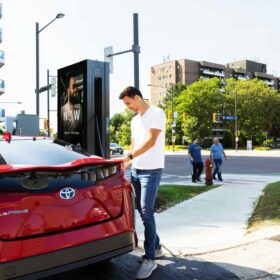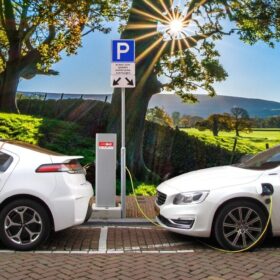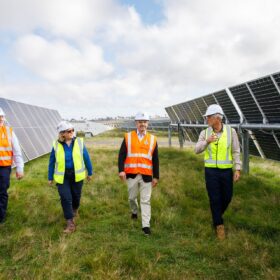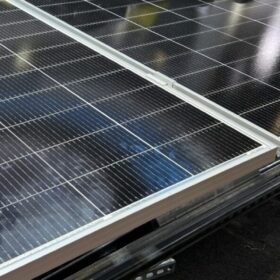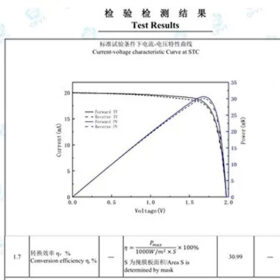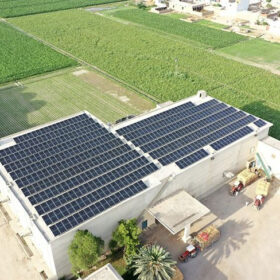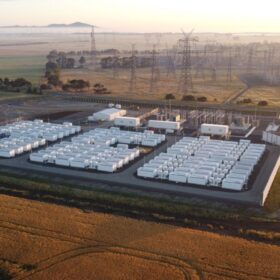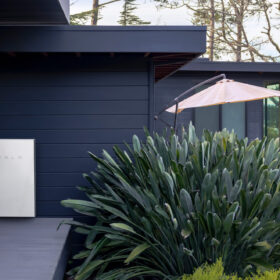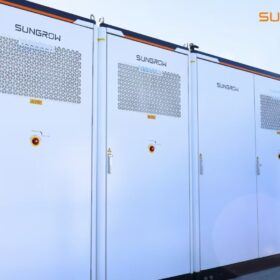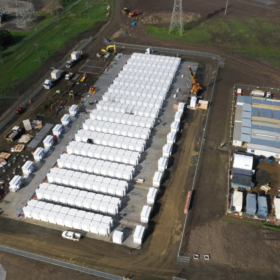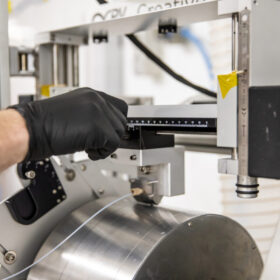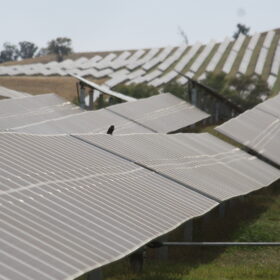Jolt secures $214 million to accelerate EV charger rollout
Australian electric vehicle charging provider Jolt has secured a $214 million loan agreement with the Canada Infrastructure Bank to install 1,500 kerbside EV chargers across urban centres in Canada.
Daytime charging of EVs further expands adoption of PV
Photovoltaics continues adding capacity at a rapid pace, and 2024 was another record year for solar PV deployment. In the meantime, despite recent hurdles to widespread adoption in some countries, electric vehicle uptake grew 25% last year. Assuming a 10 kWh/day energy requirement for every new EV, the 17 million new EVs sold in 2024 would have added another 50-70 GW of new PV generation worldwide.
AI-powered technology helps deliver flexible export limits for rooftop solar
Electricity network operator Endeavour Energy has launched a “flexible exports” service for rooftop solar systems in New South Wales that it forecasts will contribute 600 MW of additional renewable energy capacity over the next decade.
New method to predict solar module lifespans under sand erosion
A team of researchers in Algeria has designed a new testbed and a novel acceleration law that accounts for both wind speed and sand density. The new methodology was tested on four PV modules and showed lifespans of up to 47 years in terms of sand impact.
Promise of green iron, steel and ammonia is keeping green hydrogen dream alive
Hydrogen was once sold as a universal climate fix — a clean, green wonder fuel for cars, homes, power grids and even global export. But reality has cooled that buzz.
Acen pushes ahead with 400 MWh New England battery build
Construction proper has started on a 200 MW / 400 MWh battery energy storage system being built alongside renewables developer Acen Australia’s 720 MW New England Solar project in northern New South Wales.
Driver charged over fatal road incident involving solar panel
A Sydney man has been charged after a solar panel allegedly “dislodged” from a portable power station he was towing, flew through the windshield of another car and struck and killed its driver.
Risen claims 30.99% efficiency for perovskite-silicon tandem solar cell
The result was confirmed by China’s National Solar Photovoltaic Product Quality Supervision and Inspection Center. The tandem device is relying on a bottom cell based on a heterojunction design.
Passive solar module cooling tech linked to improved project efficiency
As solar deployment accelerates in markets where high ambient temperatures are the norm, researchers across the globe continue to experiment with new approaches to cooling PV modules. A cost-efficient solution could have a significant impact on project efficiency and panel lifespans.
Highs and lows of Australia’s big battery boom
Big batteries are having their moment in the Australian sun — or rather, are having their moments before and after the sun shines (let that pun sit with you for a bit).
